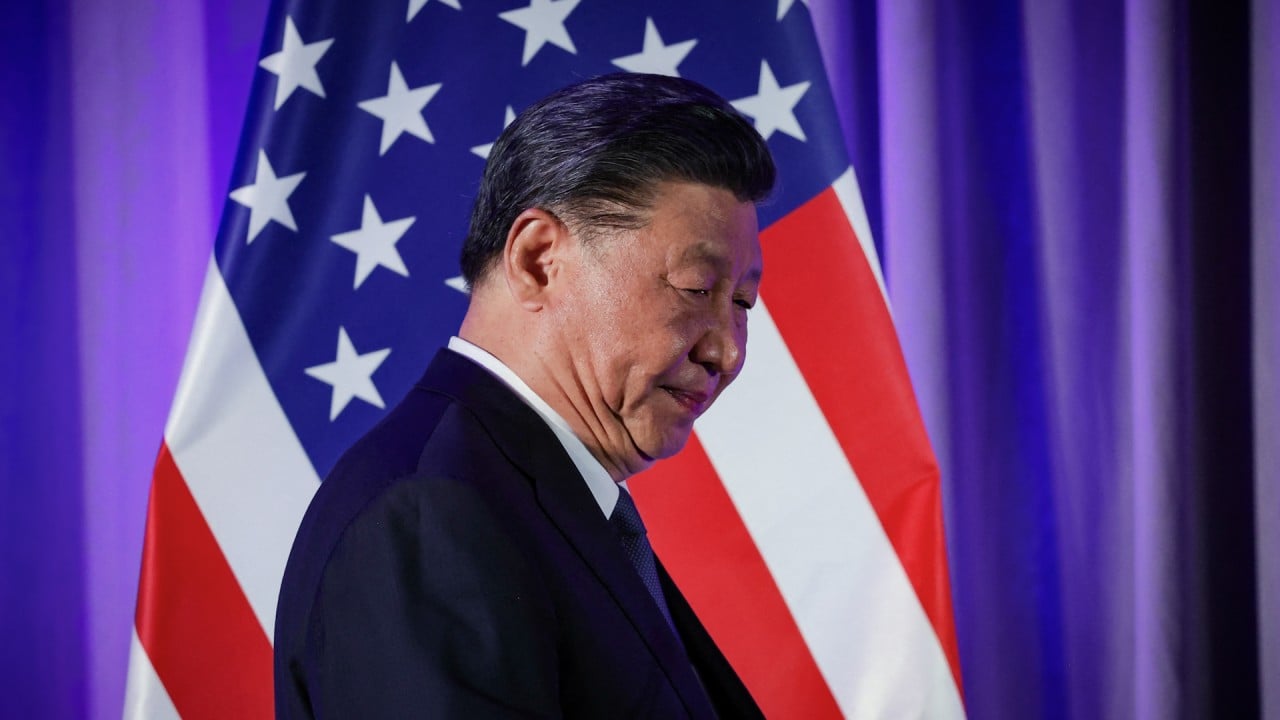China’s FDI withdrawal wave could ‘slow’ as outlook improves, analysts say
[ad_1]
Jiang said while foreign companies that left are not repatriating moved factories and assets, since March some have apparently decided to keep sourcing goods from China, or have returned to previous Chinese suppliers after moving orders out.
She added the volatility of the global economy and the difficulties of operation for companies who moved to Southeast Asia have made companies more aware of the competitiveness of Chinese manufacturers.
“If these companies are really resistant to working with China, they would not make such decisions,” said Jiang, who is now president of the China Society of Industrial Economics, an academic organisation under the Chinese Academy of Social Sciences (CASS). “We must see China has grown to compete with other middle to high-end manufacturing powers in the world, and everything we are experiencing now is a normal state of market competition.”
Exports also continue to drop as Western governments call for a “de-risking” of supply chains from a perceived overreliance on China. Customs figures showed a fall of 6.4 per cent in October from the year before, a greater plunge than the already steep 6.2 per cent decline observed in September.
Beijing has attempted to find a silver lining, highlighting the fact China remains a magnet for global investors with all-time high FDI flows of 1 trillion yuan (US$137.3 billion) in the first nine months of the year.
Zhang Ming, deputy director of CASS’ Institute of Finance and Banking, also spoke at the forum in Beijing and echoed Jiang’s view that the current trend of “short-term foreign investment” outflows could change next year.
“Many multinational companies do not have an alternative market, and those markets also have their own problems,” Zhang said. “China’s economy is showing signs of rebound and we are trying to improve our investment environment, so there could be improvement in FDI next year.”
“On the one hand, we should respond to structural adjustments and continue to promote reform and opening up,” she said. “On the other hand, we should stabilise China’s economy in the short term, and make sure it can achieve sustainable medium-speed growth in the long term.”
A vast market with fast growth is still attractive to investors and companies
In perhaps the highest-profile comment on the state of investor sentiment, US commerce secretary Gina Raimondo said during her summer visit to the country there has been speculation over whether China has become “uninvestable”.
Experts at the forum, however, were undeterred.
“In the long run, China’s annual growth will still be above 4 per cent in the next 10 years, so China will still be the economy that contributes the most to global economic growth and will continue to be the second-largest economy,” Wang of UBS said. “A vast market with fast growth is still attractive to investors and companies.”
[ad_2]
Source link






